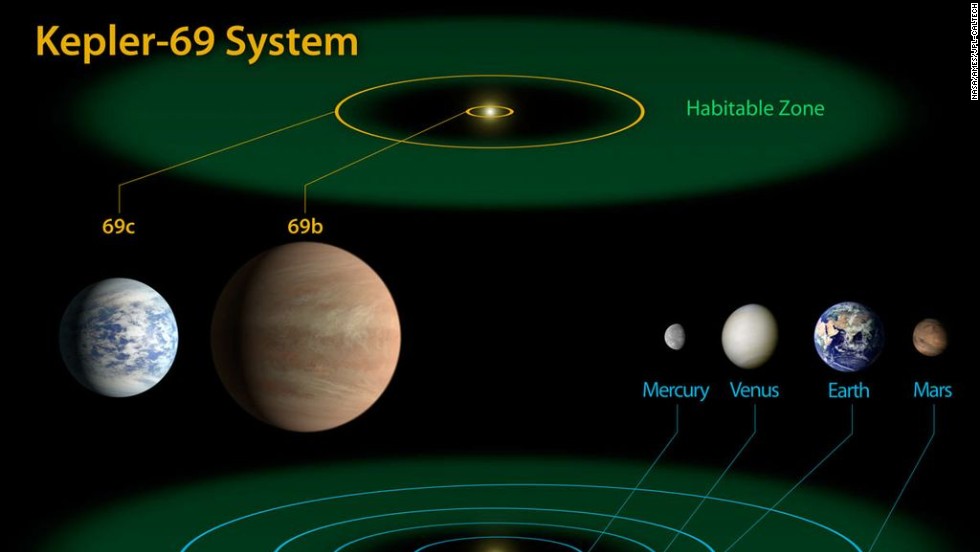Are there any intelligent life forms living beyond our solar system?
It would make the most sense to search other planets on different solar systems for humans like ourselves, but we don’t know that more humans will be out there. Yes there is a possibility for humans to be living on a different planet but there is an even greater chance that other living forms like extra terrestrials or a different new living form we dont even know exists yet.
There are certain components that are necessary for any living organism whether it’s humans or extra terrestrials or anything to be able to survive on a planet these components include;
- The planet must be in a solar system that revolves around a single sun that can serve as a long lives stable source of energy
- It must be a terrestrial planet which means it must be non-gaseous (a solid surface)
- Water
- The planet must be the right distance away from the sun in order for liquid to be able to stay at the surface of the planet – if the sun it’s too close, the water boil and burn off and if it’s too far away from the sun the water will be permanently frozen
- Atmosphere to be able to keep the water in a liquid state
- The solar system must be placed at the right place in the galaxy where it doesn’t have extreme radiation and is able to absorb heavy elements after neighboring stars die
- A large enough moon to stabilize the tilt of the planet’s rotation
- An oxygen-rich atmosphere
- Energy from the sun
- Nutrients
- Gravity to hold it together
How can view whats on these planets?
There are many possible ways to figure out if there is living forms beyond our solar system but we need more advanced technology. For example we could create telescopes that can see further and more clear than the ones we have now, as well as creating rockets that can fly for much longer than the current ones. another way would be to calculate different factors of the environment of that planet to figure out if it is even possible for a living organism to live on that certain planet.
My Theory
Solar systems revolve around a star which is then the sun of that solar system. When a scientist finds a large enough star they will find planets around it which are part of that solar system. By calculating the distance of that planet from the sun they can determine the temperature on the surface of that planet. If the planet is too close to the sun it will be too hot for anything to live on that planet and there will be no water therefor nothing can survive without water.
If the planet has a temperature that is extremely cold then if there was a possibility of water being on that planet the water would be frozen. Again meaning that there is no chance of any living form being able to survive on that planet.
The image below shows how in every solar system there are going to be certain areas that could possibly be habitable zones and if the planet is not in that zone we don’t need to worry about investigating it to see of there are any living forms.

According to Nasa the following planets are possible habitable planets (not part of out solar system);
- Gliese 667C c
- Kepler-62 e
- Tau Ceti e*
- Gliese 581 g*
- Gliese 667C f
- HD 40307 g
- Gliese 163 c
- Kepler-61 b
- Kepler-22 b
- Kepler-62 f
- Gliese 667C e
- Gliese 581 d

Further Questions
Will we ever be able to create a rocket that will be able to store enough fuel to fly to another solar system?
If we would be able to live on another planet would it be easier to discover and explore other planets and the universe in general?
Videos:
http://learn.genetics.utah.edu/content/astrobiology/conditions/
Bibliography
“Exoplanet Exploration: Planets Beyond Our Solar System: Life Signs.” NASA, NASA, 24 Jan. 2017, exoplanets.nasa.gov/the-search-for-life/life-signs/.
“Astronomy Picture Of The Day .” NASA, NASA, 3 Mar. 2014, apod.nasa.gov/apod/ap140303.html.
Westman, Robert S. “Johannes Kepler.” Encyclopædia Britannica, Encyclopædia Britannica, Inc., 22 May 2018, www.britannica.com/biography/Johannes-Kepler.